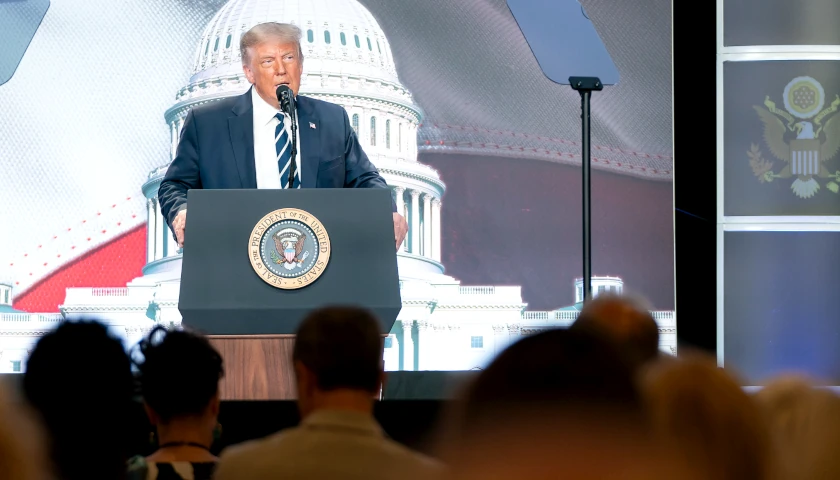by Laurel Wood
Former Harvard chemistry chair Charles Lieber received two days in prison, six months house arrest, and a fine for hiding Chinese government affiliations and a $50,000 monthly salary.
Harvard also allowed him to retire quietly.
“Two of Lieber’s attorneys reached by phone all declined to comment on whether tenure revocation was ever considered in their cases,” The Harvard Crimson reported Thursday.
“The former Chair of Harvard University’s Chemistry and Chemical Biology Department was sentenced…in federal court in Boston for lying to federal authorities about his affiliation with People’s Republic of China’s Thousand Talents Program and the Wuhan University of Technology,” the U.S. Attorney’s Office, District of Massachusetts, wrote in an April 26 new release.
Lieber “was sentenced by U.S. Senior District Court Judge Rya W. Zobel to time served (two days) in prison; two years of supervised release with six months of home confinement; a fine of $50,000; and $33,600 in restitution to the IRS,” the release stated.
The former professor was arrested on Harvard’s campus in January 2020, The Harvard Crimson reported.
Harvard had apparently been unaware of Lieber’s connections to China, according to documents and testimony from the trial, The Crimson reported.
Lieber was indicted in June 2020 for filing false information on his tax returns, failing to report overseas bank accounts to the IRS, and making false statements to federal officials, The College Fix reported.
Lieber “quietly retired” in February of this year, according to The Crimson.
On the day of his arrest, Lieber told FBI agents that money is “one of the things China uses to seduce people,” The New York Times reported.
His lawyers had asked for no prison time ahead of sentencing, citing the professor’s diagnosis of advanced lymphoma.
China’s Thousand Talents Program, a “government recruitment scheme to attract foreign scientists,” hired Lieber in 2011, according to The Economist.
China designed the program “in furtherance of China’s scientific development, economic prosperity and national security,” according to a news release from the U.S. Department of Justice.
Lieber also collaborated with Wuhan University in China on “fundamental research in nanotechnology, his area of expertise,” according to The Economist.
The Wuhan Institute paid Lieber $50,000 a month plus living expenses, with some payments, prosecutors allege, in the form of “$100 bills in brown paper packaging,” the BBC reported.
While the relationship with the Chinese university itself was not prohibited by law, the Boston court found Lieber illegally lied about it and failed to report income to the IRS, according to the DOJ.
As one of Harvard’s preeminent researchers, Lieber partnered with the National Institutes of Health and the U.S. Department of Defense, receiving over $15,000,000 in research grants from these organizations from 2008 to 2019, the DOJ stated.
“These grants require the disclosure of significant foreign financial conflicts of interest, including financial support from foreign governments or foreign entities,” the department added.
Lieber was arrested as part of the DOJ’s Trump-era “China Initiative” to find researchers on college campuses sharing information with the Chinese government, The College Fix reported.
– – –
College Fix contributor Laurel Wood is a Regent’s Scholar at Pepperdine University, majoring in English writing and rhetoric with minors in great books and creative writing. She is the editor-in-chief of and a contributor to The Pepperdine Beacon, an independent student newspaper covering Pepperdine’s five undergraduate and graduate schools.
Photo “Charles Lieber” by Kris Snibbe. CC BY-SA 4.0. Background Photo “Courtroom” by Carol M. Highsmith.




